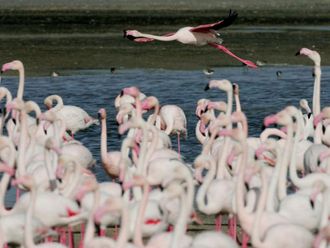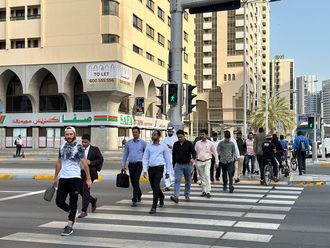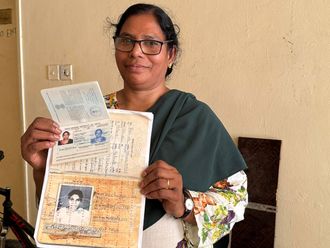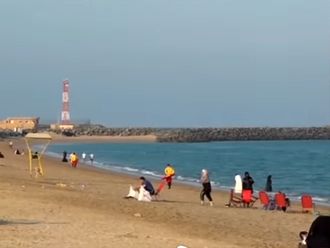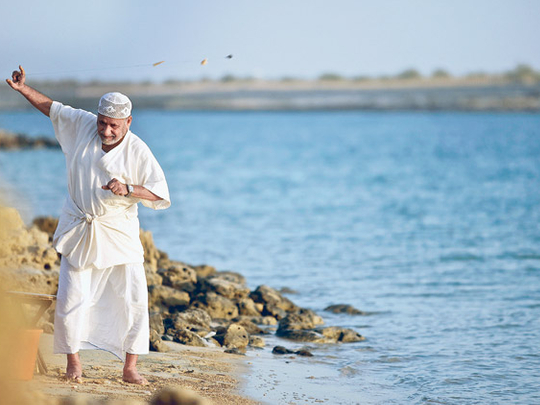
Dubai: The fishing industry has recorded an increase of more than 600 fishermen in the last year yet while fish stocks dwindle in the Arabian Gulf, the federal fisheries department continues to release farmed-fingerlings to boost fish populations.
According to the Ministry of Environment and Water the number of registered fishermen has climbed to 6,294 in 2010 from 5,692 in 2009 with full support from the fisheries department as a means to achieve food security for the UAE.
However, the issuing of fishing licenses was temporarily suspended in 2002 after a study found over-fishing had resulted in depleted fish stocks, said Saif Mohammad Al Shar'a, Executive Director of Water Resources and Conservation at the Ministry of Environment and Water.
The increased number of fishermen has been encouraged by the ministry to provide jobs for Emiratis — only boats registered by Emiratis are issued licenses, said Al Shar'a.
"We need these jobs for UAE nationals. It will not impact fish stocks because we have many decrees to protect the stocks," said Al Shar'a.
Such decrees include Federal Law No. (23) for 1999 on the "exploitation, protection and development of living aquatic resources the state."
The decree restricts the mesh size for gargeer [fish traps] and prohibits the use of nets with three layers, fishing undersized species that are unlikely to have spawned, trawlers and foreign ships from fishing in UAE waters.
Marine environment
The ministry has set up four departments linked to fisheries that encompass the marine environment, coastal areas, biological diversity and natural reserves.
In an effort to encourage fishermen the ministry also provides supplies and fishing equipment, including boat engines. In 2009 564 were provided at a total value of Dh8.5 million.
Ebrahim Al Jamali, the director of the Marine Resource Research Centre in Umm Al Quwain is behind the project that oversees the release of local species spawned and bred at the centre. Aquaculture, a fast-evolving technique contributes to increase stocks of economically important fish. The increase in fishermen need not be detrimental to fish stocks he said, as fishing methods are highly regulated.
"The programme has been running for many years and our target is to release 130,000 fingerlings annually," said Al Jamali.
Typically, rabbit fish has been bred at the centre. He added that depending on their fishing practices fishermen should not affect fish stocks. During the summer, fish head to cooler waters offshore which can also affect the catch.
In Abu Dhabi, the Environment Agency-Abu Dhabi (EAD) and the International Fish Farming Holding Company P.J.S.C. (ASMAK) released 50,000 fingerlings and juveniles of two local fish species: Hammour (Orange Spotted Grouper) and Subaity in June this year.
Will the increase in the number of fishermen further deplete fish stocks? What can be done to ensure the governments efforts to restock are successful?


